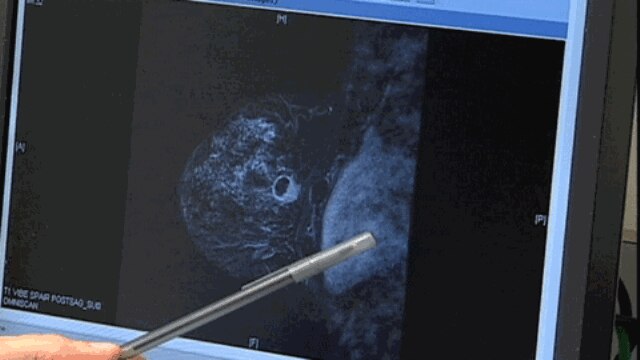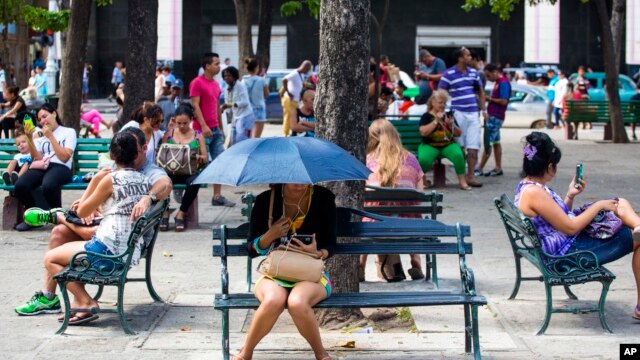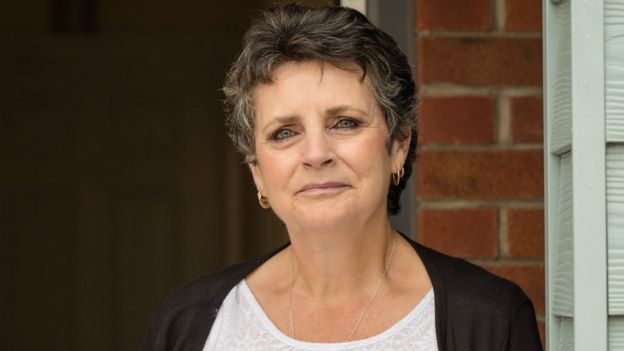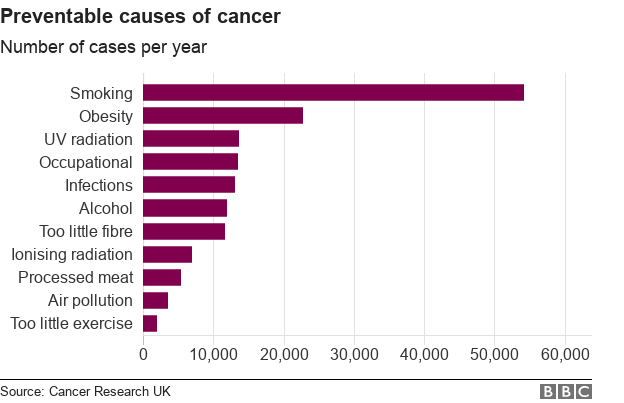anotherlife
Gold Member
A medical student told me the other day, that things like cancer tumor removal fail a lot, because even if as little as one of the cancerous cells falls back, it will reinfect, and the operation goes useless. But what happens if you touch a cancerous person or animal? Will those cancerous cells e.g. on its skin infect you?







